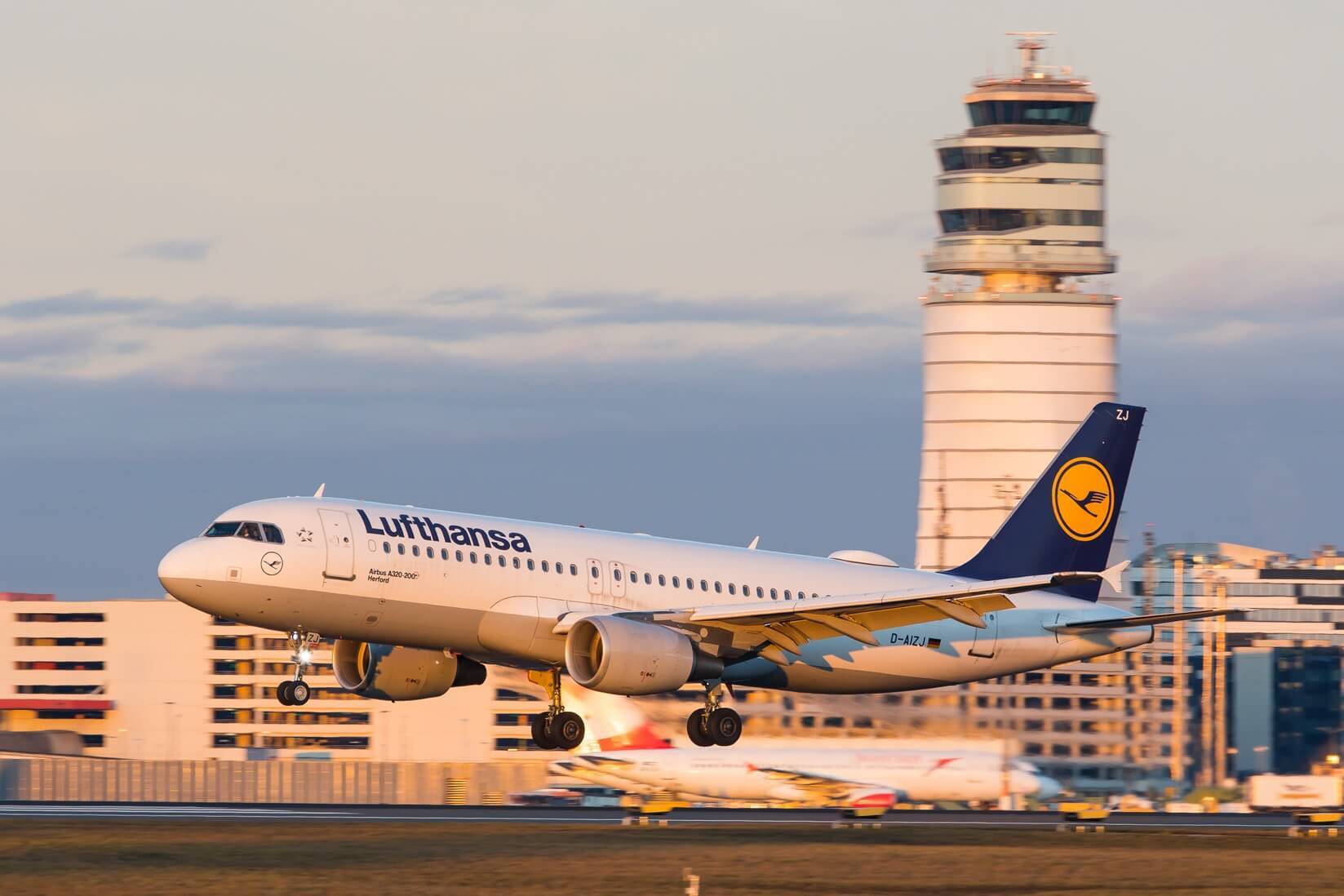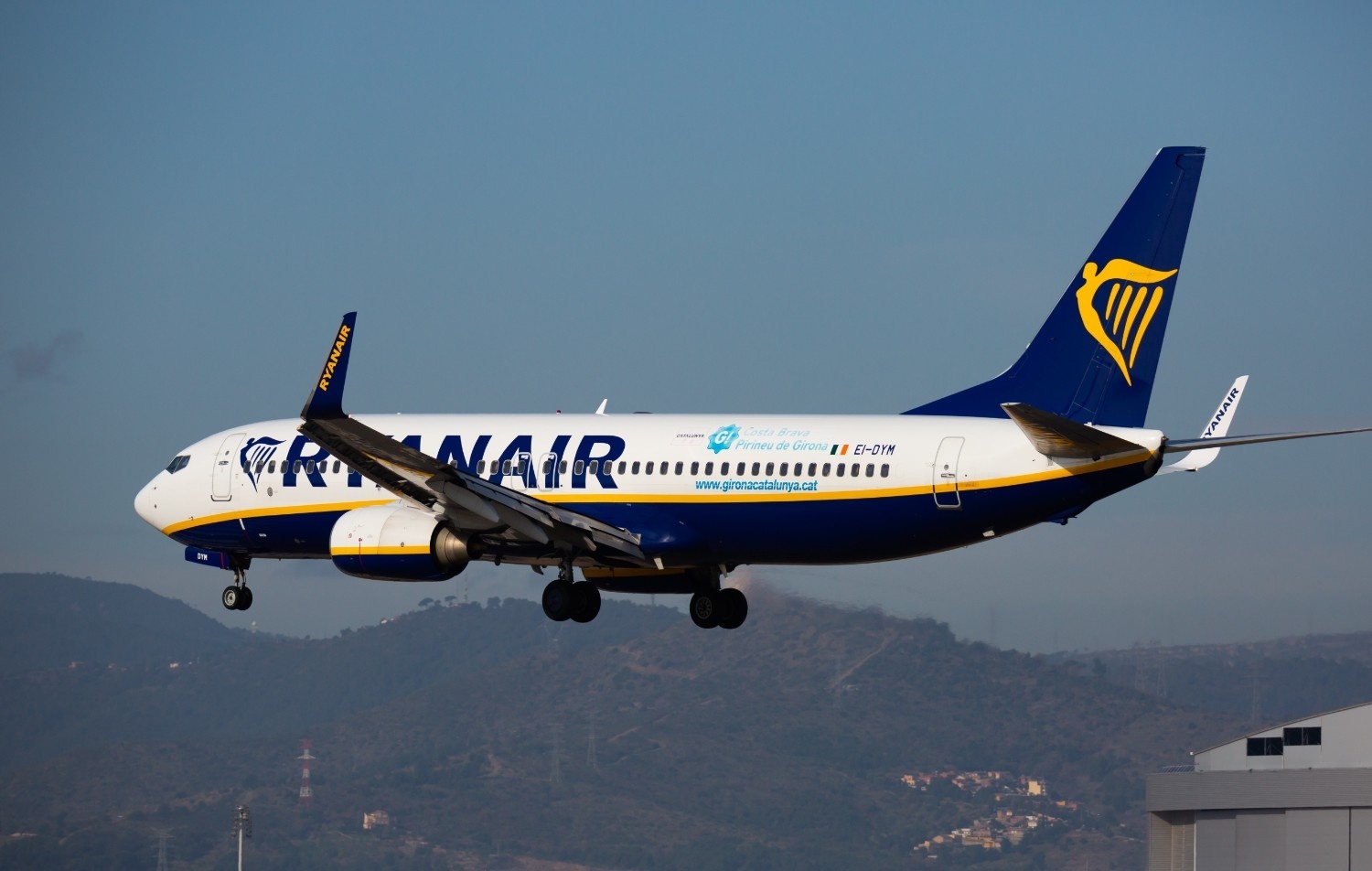Can AI be fair in deciding passenger refunds?

Airlines are starting to use artificial intelligence (AI) for everything from flight schedules and customer-service bots to working out how many packets of nuts to pack. AI gives much-needed speed and efficiency to an anti-competitive sector, but it also raises critical questions about equity, transparency, and accountability particularly when algorithms dictate whether, how and when passengers are compensated for flight disruptions.
If the refund on your filing is determined by an algorithm, or your compensation claim amount is calculated using inputs generated through an artificial intelligence, will one have faith in fairness? Or is there a danger that automatically calculated decisions will favor airlines’ profits over the rights of passengers?
The emergence of AI in aviation
It's hardly the first industry to think about automation. AI has been working behind the scenes for years helping to optimize routes, juggle baggage systems and anticipate maintenance requirements. More recently, it’s become even more front-end consumer-focused chatbots for support, facial recognition at boarding gates, and now flight compensation automation.
Relying on huge amounts of data – from flight statuses, weather, passenger itineraries, legal regulations and more – an AI can discern whether someone is entitled to compensation for a dilemma like a delay, cancellation or being bumped up from a flight. The assurance is that it speeds up processing and makes processing more uniform between claims.
The allure of automation
For airlines, there are obvious benefits to using AI to handle compensation claims:
Speed: AI can examine and review claims in seconds, slashing the time it takes to notify passengers of a decision.
Scalability: In the face of mass disruption, like severe weather or system outages, AI can process tens of thousands of claims at once — a challenge for human teams to match.
Cost reduction: Fewer human agents are needed, saving money on administration.
Consistency: AI could apply rules across the board, effectively negating any bias or favouritism.
But these benefits are not without their trade-offs especially in the areas of fairness, transparency and accountability.
The challenge with ”black box” decisions
AI systems are often “black boxes,” making decisions with no obvious, explicable logic that a lay man (or even an expert) can make sense of. When passengers are not awarded compensation, it’s not always clear as to why. Unlike a human agent who can explain a reason, A.I.-derived systems might just deliver a verdict: “Ineligible.”
Consumer groups are troubled by this lack of transparency. How can any passenger contest a decision if we don’t know, even in broad strokes, the actual thought process of an algorithm when it evaluates a claim? And what can they do if the A.I. gets it wrong?
Are algorithms truly fair?
AI fairness is a highly complicated and complex domain. With airline compensation, or pretty much any field for that matter, fairness involves not just making rules right, it involves making judgment calls on grey areas, on exceptions, and wearing the shoes of an empathetic individual. And those are the kinds of things A.I. is still bad at.
Think of it like this: A passenger’s flight is delayed for an array of reasons mechanical problems, changing weather conditions, crew availability. A person could justify this in context. But an algorithm could arguably tell them the delay was “weather-related” and decline the claim, even though other factors contributed.
There’s also the fact that the data used to, which can bake in hidden biases. To the extent that historical data reflects a discrepancy in compensation for certain types of passengers or a bias towards airline interest, the AI would propagate and rationalize such discrimination.
Passenger’s right and AI responsibility
In places like the European Union, rules such as EU261 provide passengers with robust rights when flights go wrong. These laws were written for humans, not for decision machines. With A.I. in the mix, regulators and consumers need to ask: Does automation uphold the spirit of these protections or just water them down?
For AI to be leveraged by airlines while making the process fare, they must:
Transparency: Passengers have a right to know that AI is being used to make an algorithmic decision and should receive a clear explanation of outcomes.
Allow appeals: There need to be simple, human-directed appeals processes by which passengers can challenge automated decisions.
Audit early and often: AI systems should be audited by independent parties to ensure bias, compliance and fairness.
Data protection: The AI generation process is built upon huge data inputs airlines must ensure the data is handled in a secure and ethical manner.
Striking the right balance
AI is clearly capable of speeding up and streamlining responses to flight compensation. But let it be seen as a machine that serves humans in making decisions not one that makes them for us. The danger to lose customers and/or to break the trust increases the more airlines make use of obscure algorithms for decisions which have a direct impact on the customer’s rights.
The most responsible way forward is a mix of the two: Use AI to handle routine, straightforward cases, but leave the judgement of nuanced or contested cases up to humans. This not only guarantees fairness but also preserves the sympathy and customer service that algorithms currently lack.
As airlines race to become more digital and create efficiencies, AI will play an even larger hand in creating the passenger journey through both disruption and compensation. But more power comes with more responsibility.
When your pay is determined by AI, it must be fair, explainable, and transparent. Otherwise, passengers are at risk of being just another line of code in a system purposely created to prioritize efficiency over equity. In the era of automation, we must all make human rights and the core value of dignity at the center of travel a shared priority between airlines, regulators and passengers alike.
Latest posts
Flight delays and cancellations in August 2025
Check which flights were delayed in August 2025 – you may still be entitled to claim up to 600 € in compensation.
Flight delays and cancellations in July 2025
Check which flights were delayed in July 2025 – you may still be entitled to claim up to 600 € in compensation.
Flight cancellations and delays in March 2024
Check which flights were delayed in March 2024 – you may still be entitled to claim up to 600 € in compensation.












